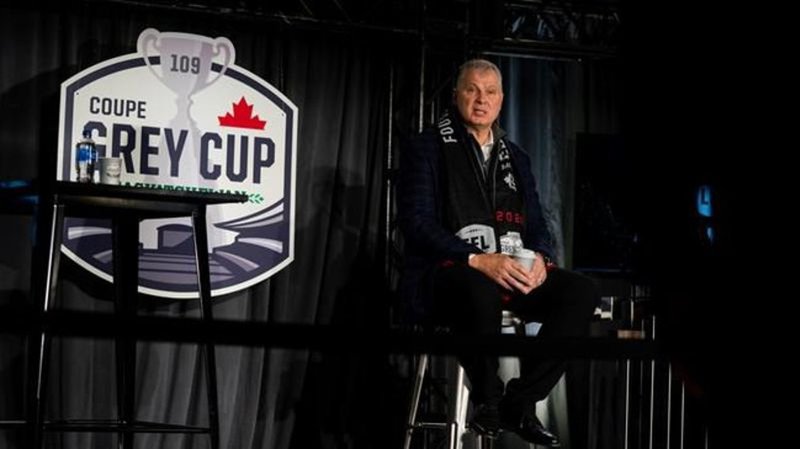
Commissioner Ambrosie still bullish on potential financial benefits of CFL 2.0
REGINA — It has yet to bear financial fruit but Randy Ambrosie remains bullish on the potential of his CFL 2.0 initiative.
Ambrosie unveiled his program to grow Canadian football on a global scale four years ago but the COVID-19 pandemic effectively pushed it to the back burner. On Friday, Ambrosie said during his annual state of the league address that while CFL 2.0 hasn’t generated “substantial revenue” to date, it’s showing signs of doing so.
“I would say, ‘No,’ to substantial revenue,” Ambrosie said during a wide-ranging 55-minute address. “But has the program started to show some signs of progress? I think the answer is, ‘Yes.’
“I think when we’ll start to see global revenue kick in is when we get more and more global players who’re making more significant contributions. We’ve had a few that have done incredibly well. We’ll continue to have global players in the CFL as long as we have this current CBA. We’re committed.”

